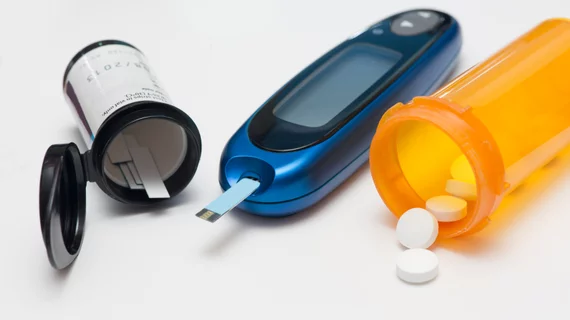Reselling diabetes test strips an unregulated ‘gray market’ in US
A Chicago company that buys and resells diabetic testing supplies has been the subject of hundreds of complaints to the Better Business Bureau of Chicago, many of them in the past few months from consumers who said they were never paid for testing strips they agreed to sell the company.
While this is troubling for Surplus Diabetic Supplies—which operates online as CashNowOffer.com—and its customers, it also highlights an unregulated “gray market” that has sprung up around diabetes testing strips.
According to the FDA, it is legal to resell unexpired strips as long as they weren’t fraudulently purchased through Medicare or Medicaid. This has led to cash offers for unused testing strips online and on social media, as well as resell operations popping up in garages and basements, the Chicago-Sun Times reported.
A reseller essentially purchases the unused strips at a low price and then sells them at a cost above that mark but below a pharmacy’s typical price. Although this practice is technically legal, the American Diabetes Association (ADA) and FDA warn resold strips—even if unexpired—can be unsafe if they are stored at improper temperatures, tampered with or replaced with counterfeit strips, according to the Sun-Times.
“You could be greatly overusing or underusing insulin” because of an incorrect result, Matt Petersen, vice president of medical information for the ADA, told the newspaper. “That’s where it would be a really critical health issue.”
Another potential problem, Petersen said, is if diabetic patients neglect to test themselves because they’d rather sell their extra supplies for profit.
Read the full story from the Sun-Times below:

